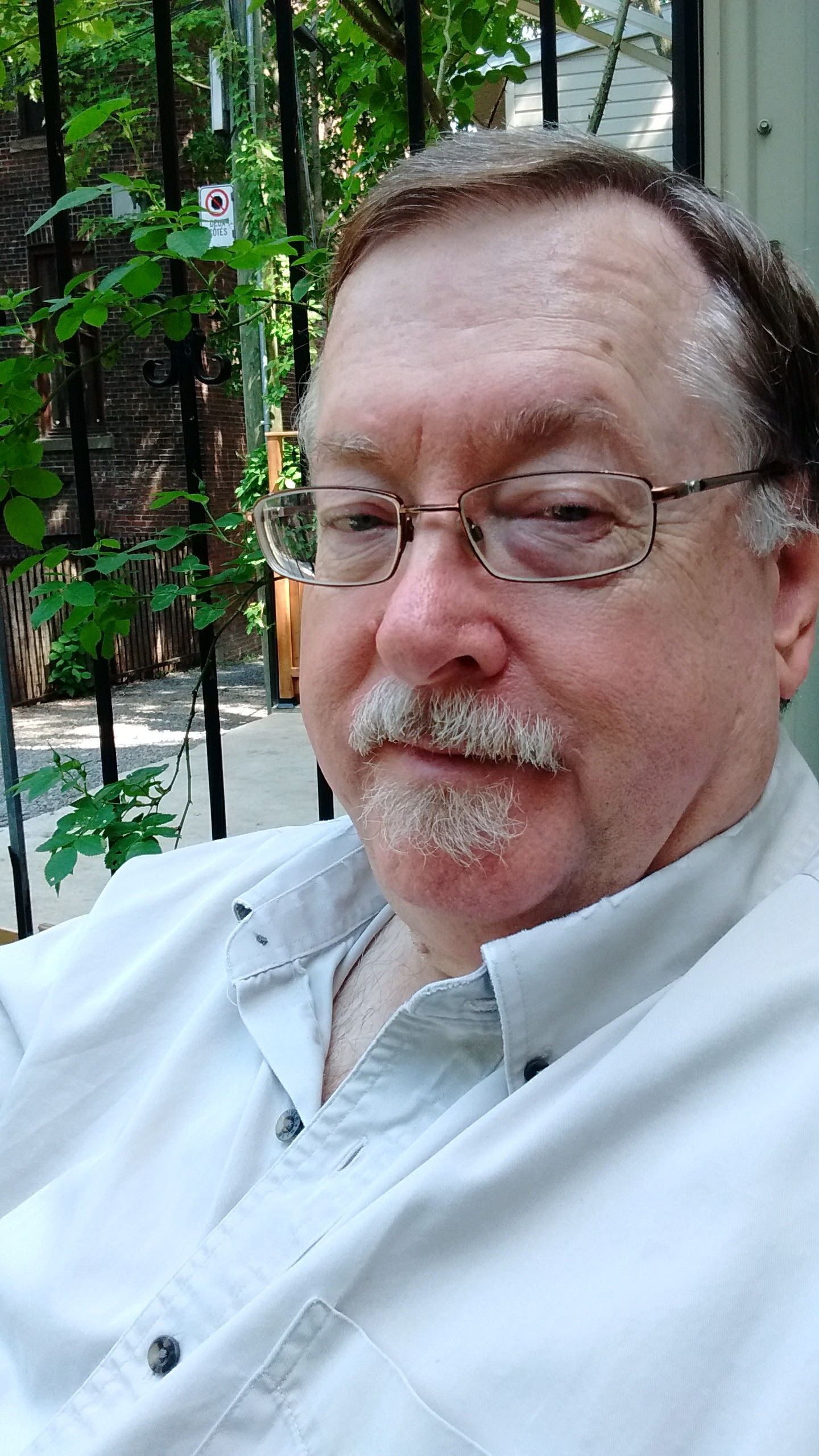At 61 years of age, Charles (Chuck) Letourneau doesn’t anticipate his life will differ much when he reaches the “normal” retirement age of 65. Already semi-retired and actively pursuing his interests in geology and archeology, Letourneau was pleasantly surprised earlier this year to come across Helen Hirsh Spence and Debra Yearwood’s initiative on ageing, Top Sixty Over Sixty.
A bit of a social recluse, Letourneau nonetheless fell in love with his peer cohort group when he joined the Top Sixty research program ReSet. Advocating an entrepreneurial mindset, ReSet spoke to the business person in Letourneau.
“As an entrepreneur, I thought I would be able to offer my experience. I fell in love with Helen and Debra and the whole concept of the research program and I have been a huge booster ever since,” says Letourneau. “There are so many people who need to be exposed to the tools and to the support that will allow them to move forward in a second or third career, or a first career in some cases.
After completing the ReSet program, Letourneau spoke highly of Top Sixty’s “positivity, and the urge to help people of our demographic realize it’s possible to move forward, and not just sit in front of the TV getting older!”
Top Sixty Over Sixty offers courses and workshops on problem solving, creativity, communications and other topics. Letourneau learned of the group through Carleton University.
A geologist and self-confessed computer nerd, Letourneau has pulled back from full-time work, but intends to remain actively involved.
After studying geology at Waterloo, he worked for the Geological Survey of Canada until mineral exploration witnessed a downturn. Accidentally drawn into computer programming and becoming the go-to support person, Letourneau was involved in the burgeoning pioneer field of artificial intelligence, particularly voice recognition and adaptive technology, with Environment Canada.
While this was novel in the mid-1980s, nevertheless, Environment Canada was an early adopter of computer technology and especially the adaptive aspects.
Within the decade, Letourneau was developing web accessibility, meeting with other innovators in the industry, and started his own company, Starling Access Services. Starling helps government agencies, private industry and high-tech companies ensure their communications are accessible to people with disabilities and comply with regulations.
Letourneau took his knowledge to the international marketplace, promoting accessible technologies and virtual environments to non-governmental organizations in developing countries in Africa and the Middle East, and offering training on the technology.
Now in his sixties, he expects between his wife taking on small jobs, her government pension and his own Old Age Security, “That should keep us in whisky and travel as long as we can keep doing it.”
Letourneau is also earnestly aware of what older people can contribute to the workplace.
“We have a corporate memory that is being lost. We know things that people probably need to know or would benefit from knowing. Our demographic has a lot to offer, not only to other people, but also to ourselves. We should be out there using our skills either to improve ourselves or the lives of those around us.”

